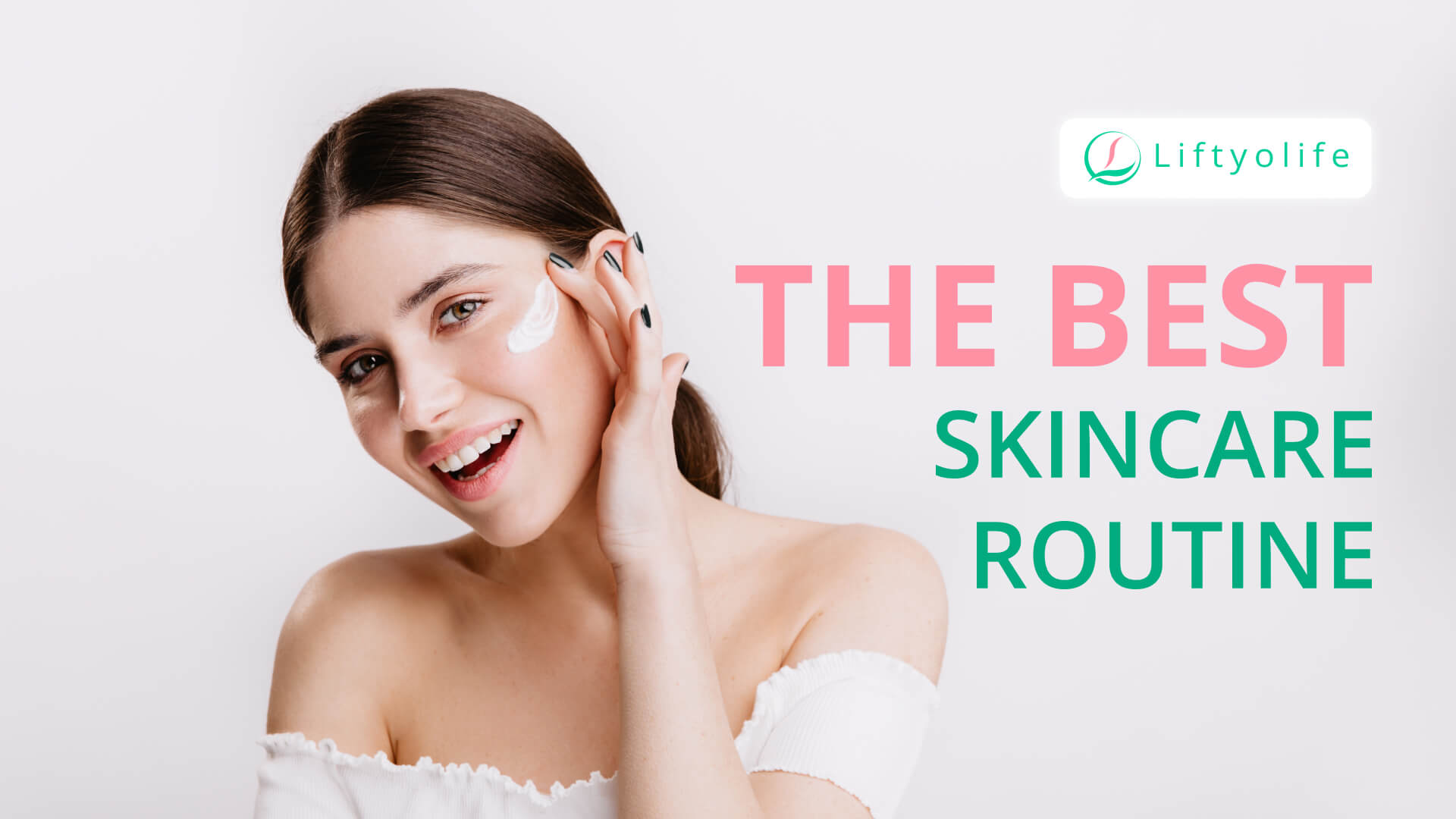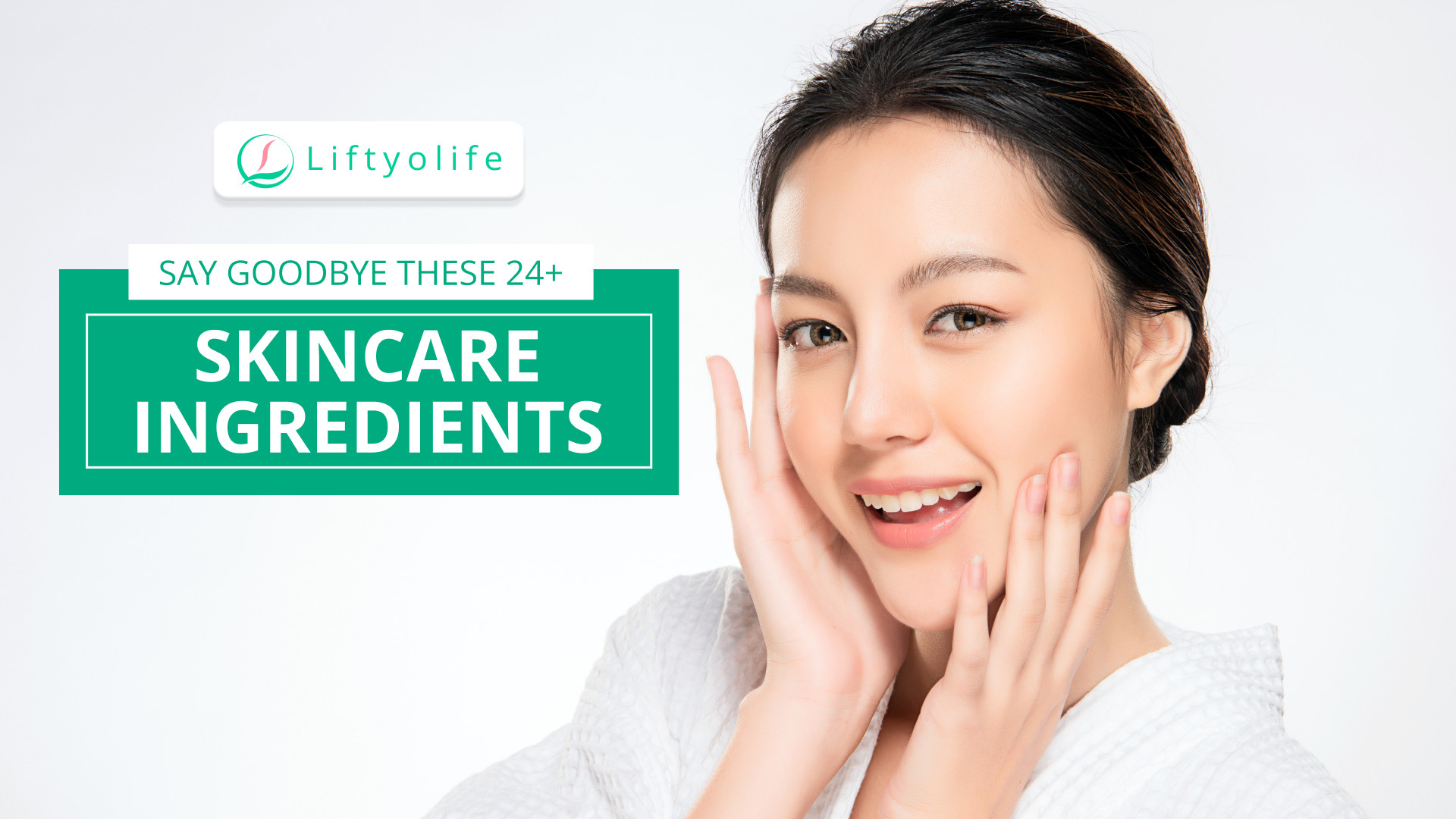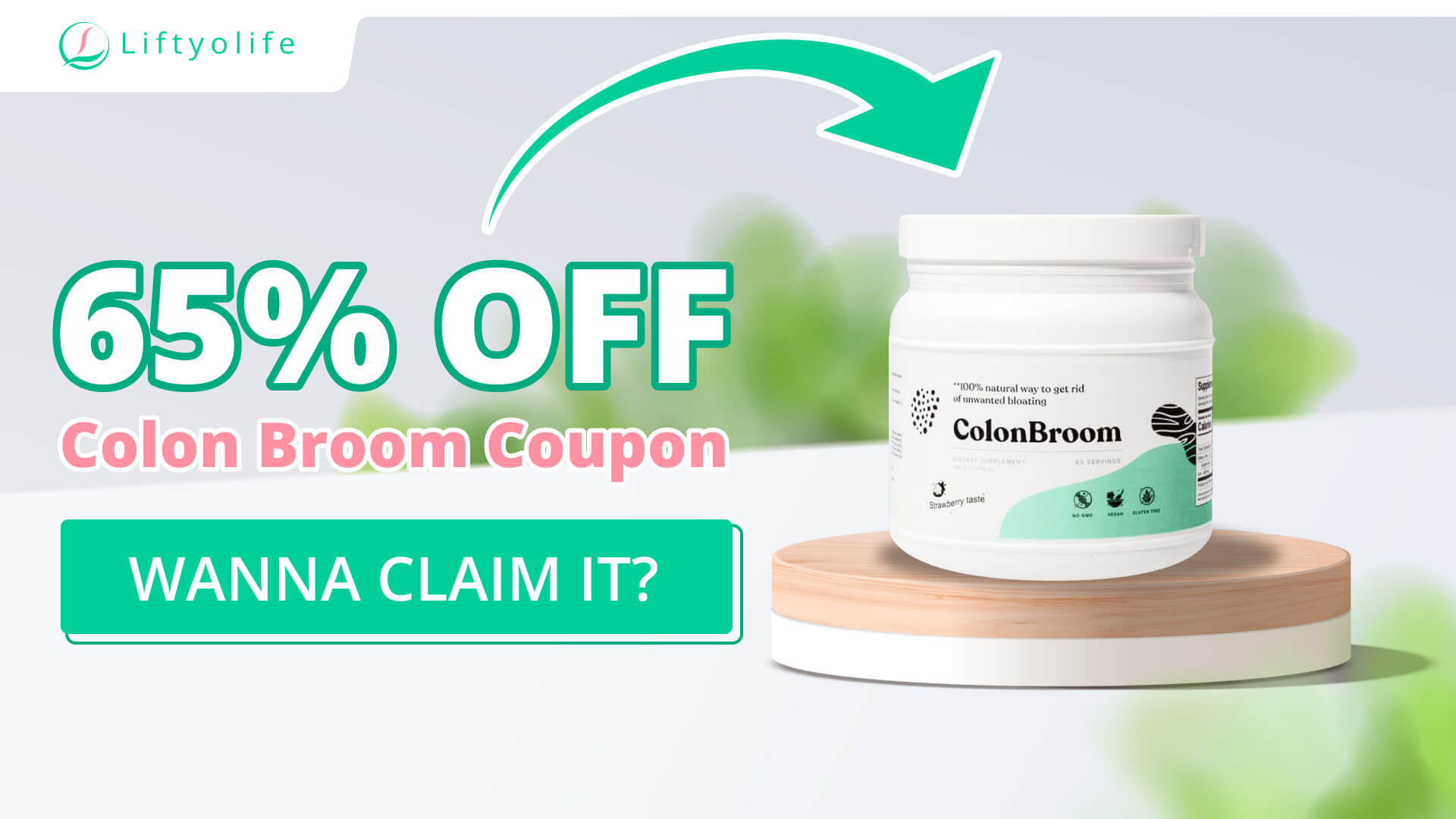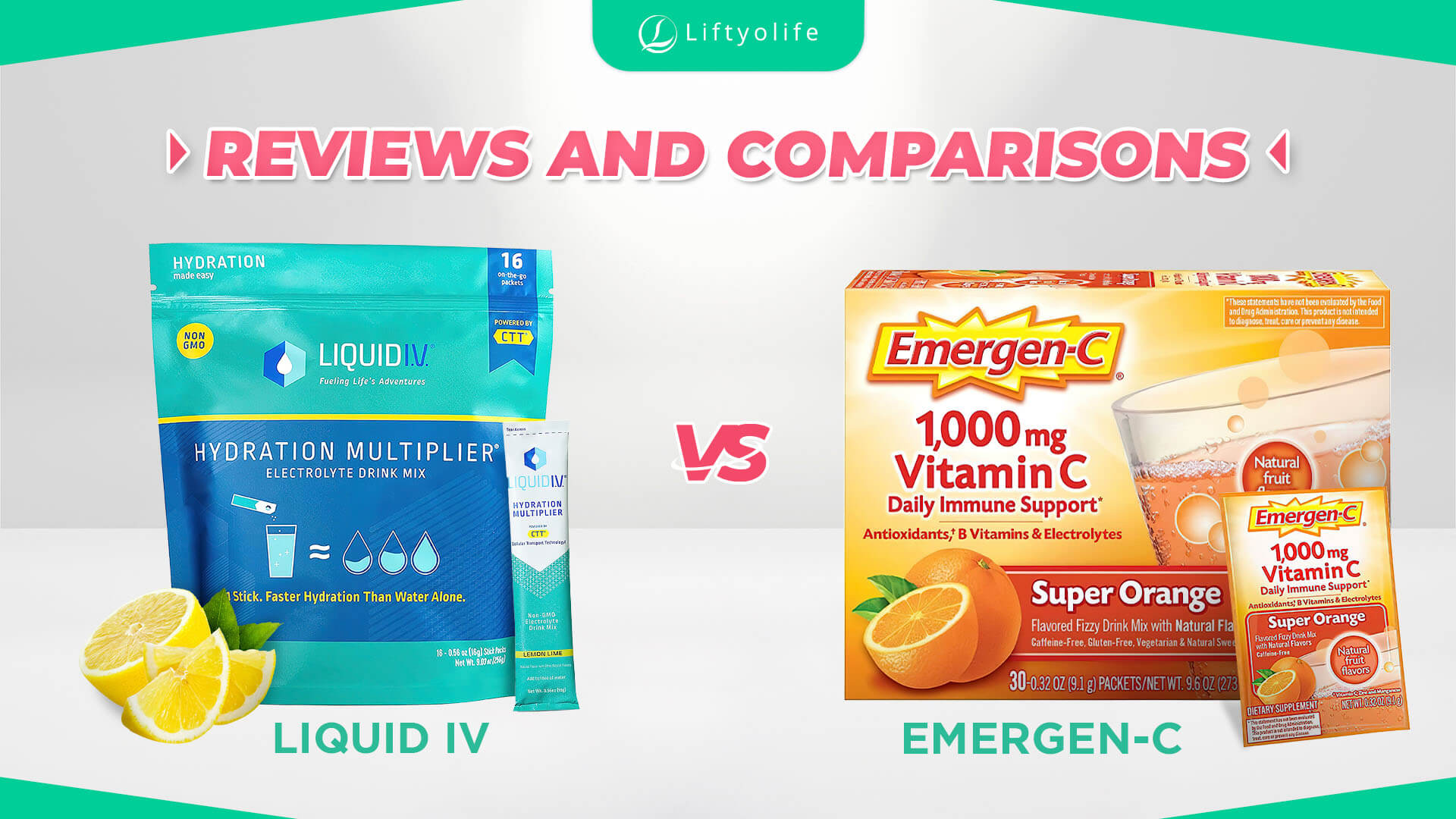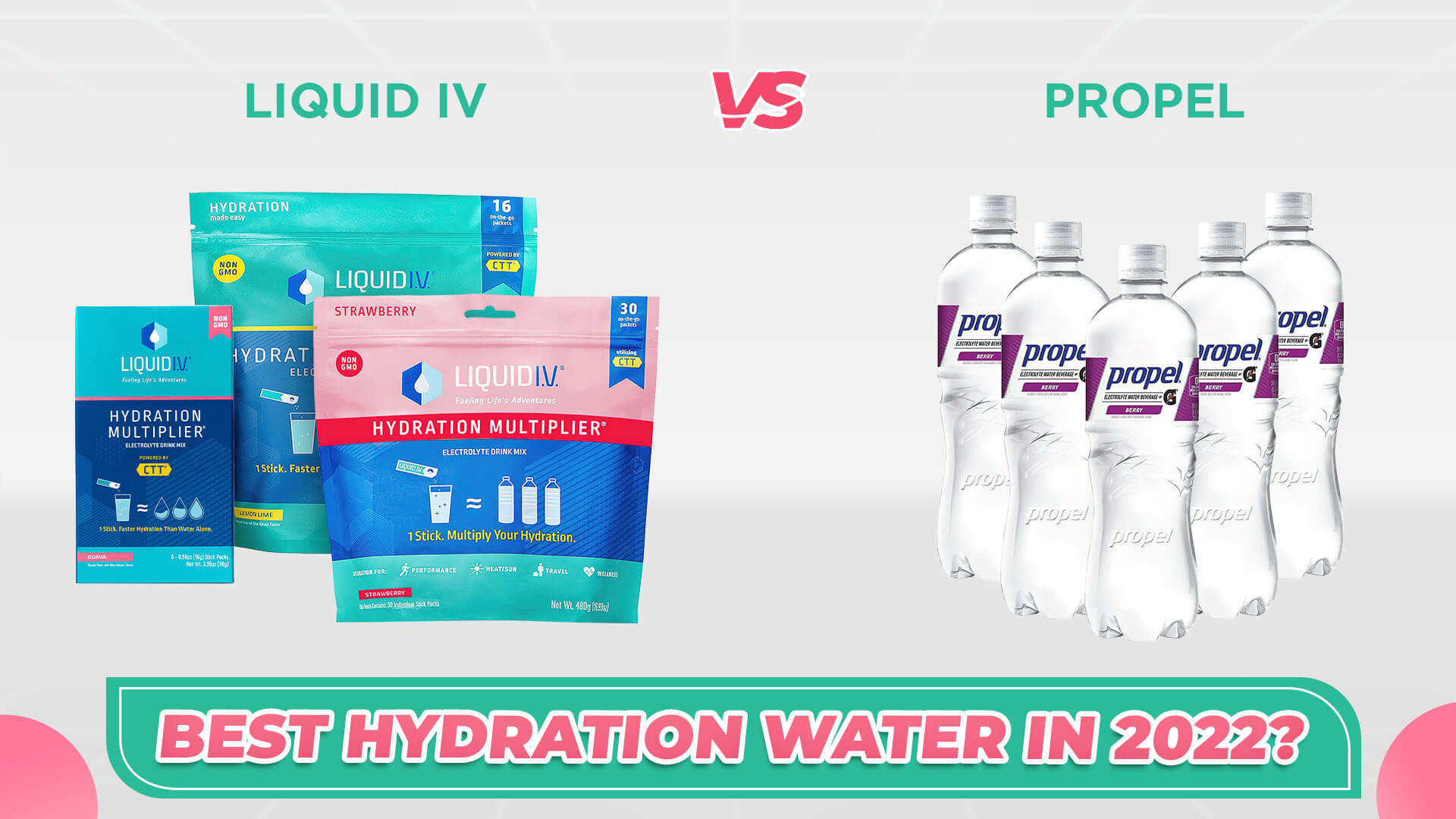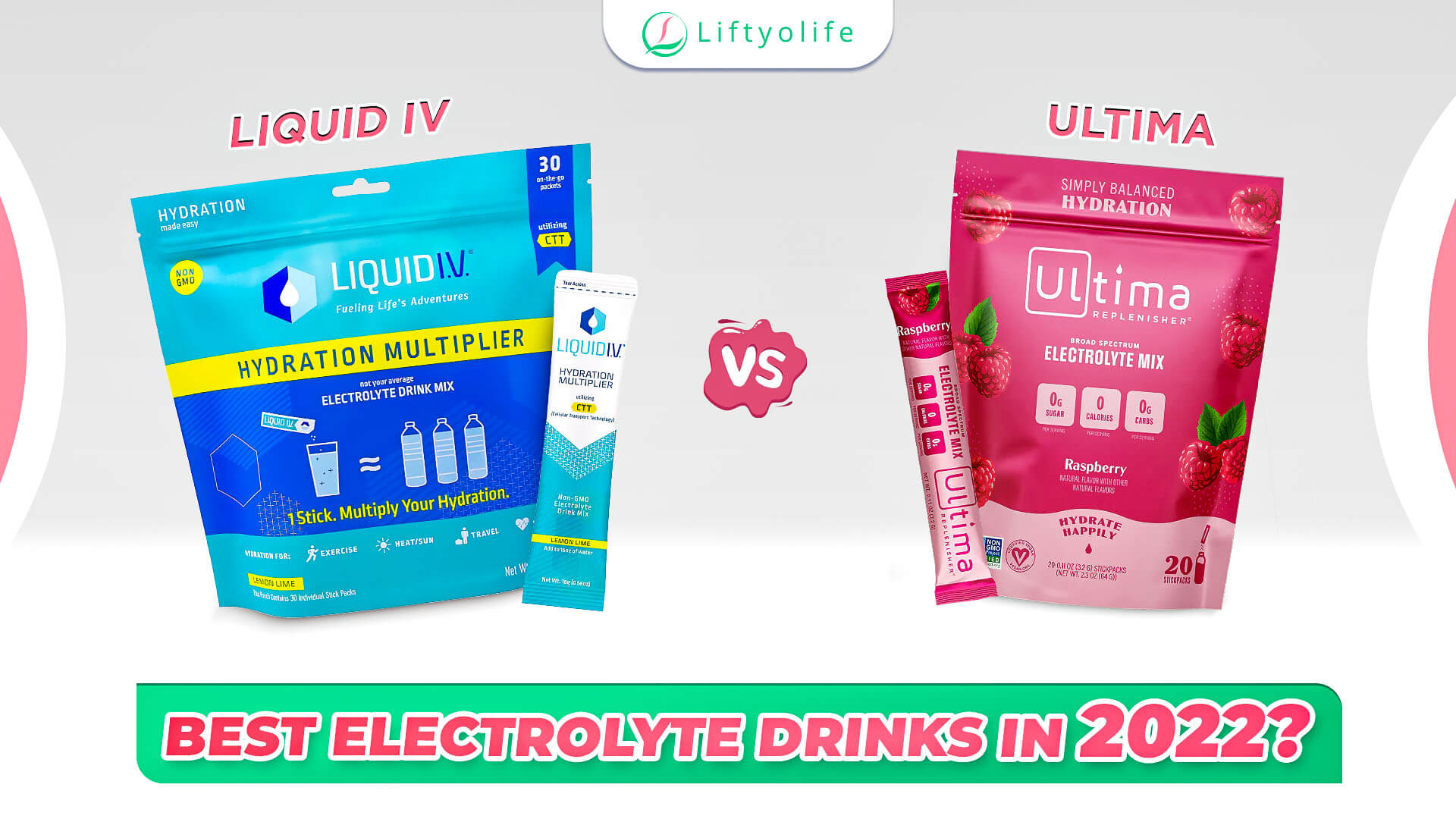10+ Skincare Ingredients To Avoid During Pregnancy
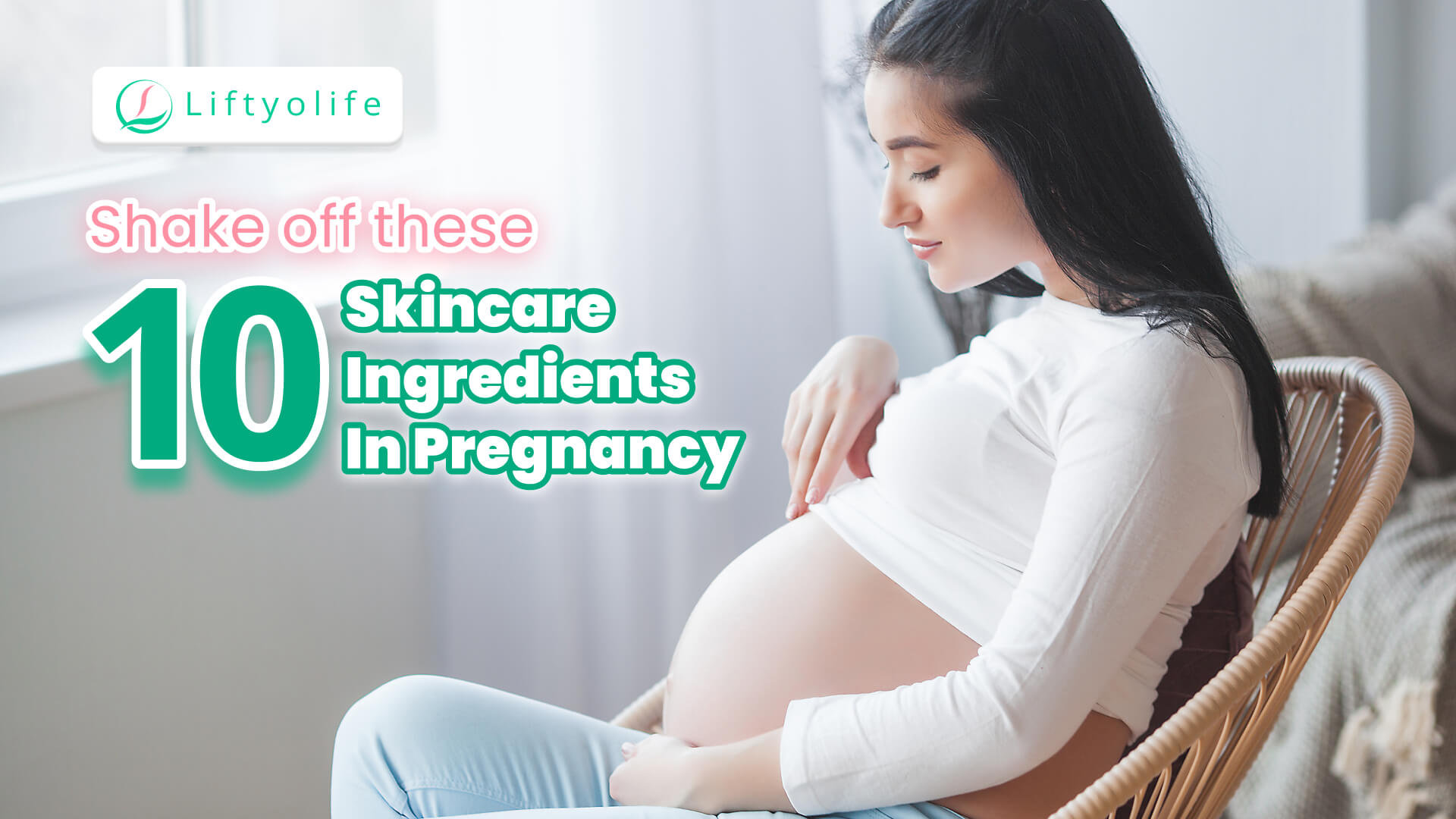
10+ skincare ingredients to avoid during pregnancy; you cannot ignore their impact. Skin care is an essential part of your daily routine. Keeping this habit active while pregnant and breastfeeding is one of the most important things because women can develop acne and other hyperpigmentation during this time. While many of these issues can be quickly addressed with over-the-counter remedies, there are some cosmetic ingredients that pregnant women should avoid using. Let’s go on an adventure with Liftyolife (liftyolife.com) to find out what they are in this article.
1. Skincare ingredients to avoid during pregnancy
Here are 10 skincare ingredients to avoid if you are pregnant:
1.1. Aluminum chloride
- It is a controversial ingredient, has been the subject of several debated studies and is a common ingredient in deodorants and antiperspirants.
- This main ingredient in antiperspirant has been vilified for over 40 years due to a widely criticized study linking it to Alzheimer’s disease. Opponents of the element have also claimed that it contributes to breast cancer.
- It is, however, in general safe to use in lower concentrations, but products using it in high concentrations build a big concern.
- A typical antiperspirant contains three to six percent aluminum chloride, whereas a prescription product has 15 to 30%.
1.2. Benzoyl Peroxide and Salicylic acids
Generally, acne is pretty common during pregnancy, but you should exercise caution when selecting creams to treat it. Benzoyl peroxide and salicylic acid should be avoided while pregnancy. Many commonly used acne creams contain combinations of these acids to treat. If you’re in pregnancy and looking for a good solution, look for products with only one of these acne-fighting ingredients.
1.3. Chemical Sunscreens
The most used ultraviolet (UV) filters in sunscreens are oxybenzone and its derivatives. Although it is effective for skin protection, oxybenzone’s potential adverse health and environmental effects cast it negatively.
Because oxybenzone is a known endocrine disruptor, its use during pregnancy is fraught with the risk of disrupting hormones and causing permanent harm to both mother and child. So, if you need to protect yourself from the sun during your pregnancy, opt for physical or natural sun protection.
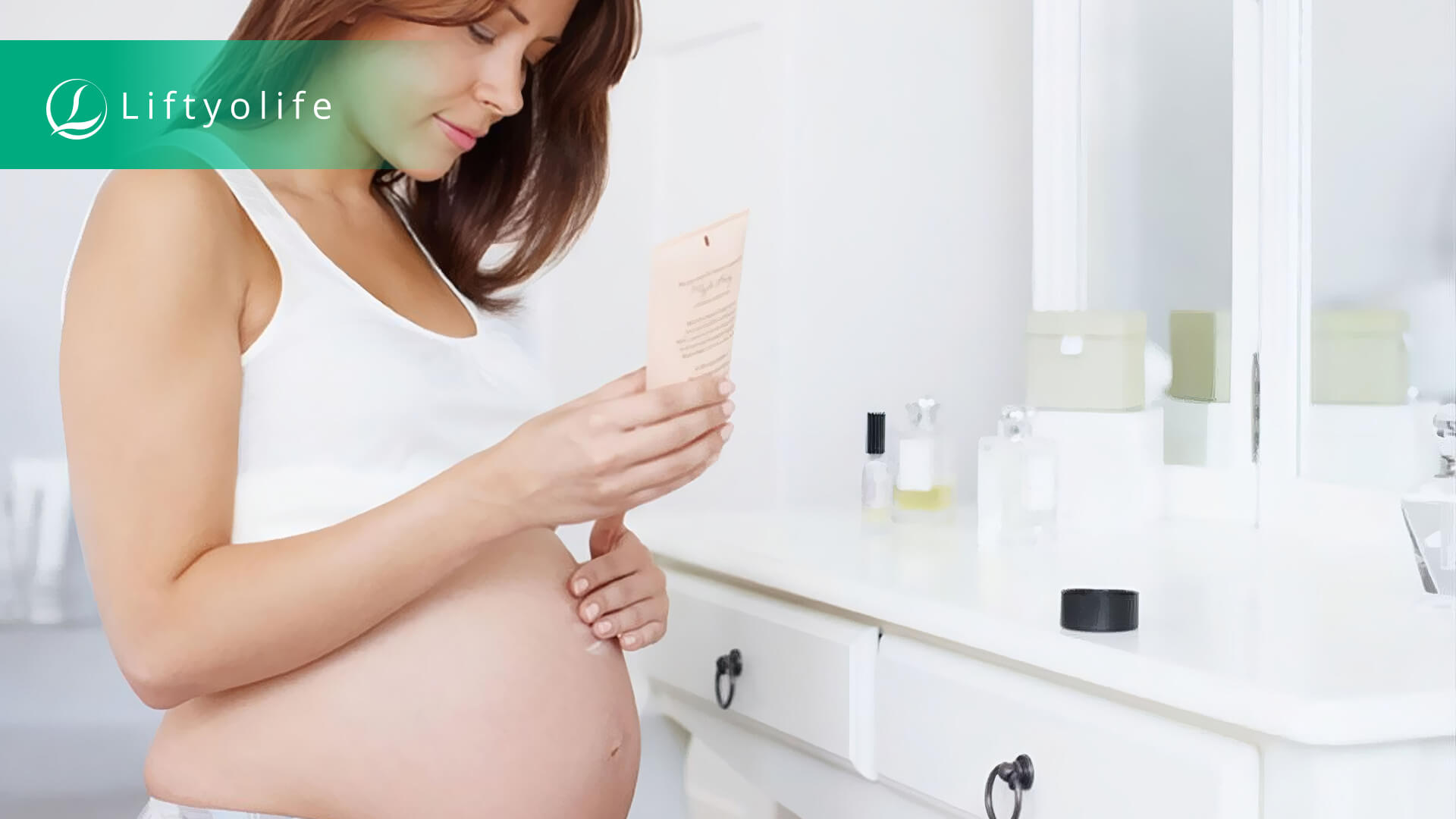
Chemical Sunscreens
1.4. Dihydroxyacetone
Dihydroxyacetone is a chemical found in many spray self-tanners that can be dangerous if inhaled. The chemical reacts with your body’s dead skin layers and is considered a safer alternative. Although the body does not absorb it, it can be inhaled during application and harmful to you and your baby.
1.5. Essential oils
Essential oils are thought to be a natural alternative to cosmetics. However, they can be challenging to control. This is because they are available in various flavors and concentrations.
And determining the number of essential oils in your beauty products can also be challenging. As a result, it is best to control your exposure and avoid pregnancy. Tea tree oil and rosemary oil, two commonly used essential oils, raise red flags that you should avoid first.
Before using essential oils during pregnancy, consult your doctor first, and use to a safe amount. Bear in mind that the only things that matters are your and your baby’s health.
1.6. Formaldehyde
Formaldehyde is no longer used as a preservative and disinfectant in beauty products because it is also a carcinogen. According to the Centers for Disease Control and Prevention (CDC), it can increase the risk of miscarriage and infertility.
Formaldehyde is often found in many nail polishes and hair products. The FDA does not currently classify it, but many doctors advise women to control their exposure. If you go to a hair or nail salon, ask your stylist about the products used and make sure they don’t contain formaldehyde.
1.7. Hydroquinone
Melasma (the “mask of pregnancy”) is a skin pigmentation that can occur in pregnant women.
The FDA classifies hydroquinone as category C because it absorbs more quickly than other topical chemicals, making it more likely that more significant amounts will enter your bloodstream and harm your baby.
There is no proven link between hydroquinone and severe congenital disabilities or side effects. However, because the body absorbs a significant amount of hydroquinone (25 to 35%), you should limit exposure (if any) during pregnancy.
1.8. Retin-A (Tretinoin), Retinol and Retinyl Palmitate
These are vitamin A derivatives. While adequate vitamin A levels are required for embryonic growth, some studies have linked excessive intake to malformations of the baby’s head, heart, brain, and spinal cord. It’s also related to Accutane, a powerful acne medication that has been linked to congenital disabilities. So, it is best to steer clear of over-the-counter retinol serums and other vitamin A compounds, which might harm your baby’s development.
1.9. Tazorac and Accutane
Both are vitamin A–derived formulations, but they are only available by prescription and fall into category X: the FDA classifies both as dangerous because they are known to cause birth defects and should be avoided during pregnancy. It’s unlikely that you’ll come across either of these ingredients while pregnant, but it’s best to be prepared just in case.
1.10. Tetracycline
Tetracycline and its derivatives (minocycline and doxycycline) should be avoided as a common antibiotic used to treat various skin conditions. According to many studies, these can be harmful to pregnant women and their babies.
2. Safe skincare ingredient alternatives
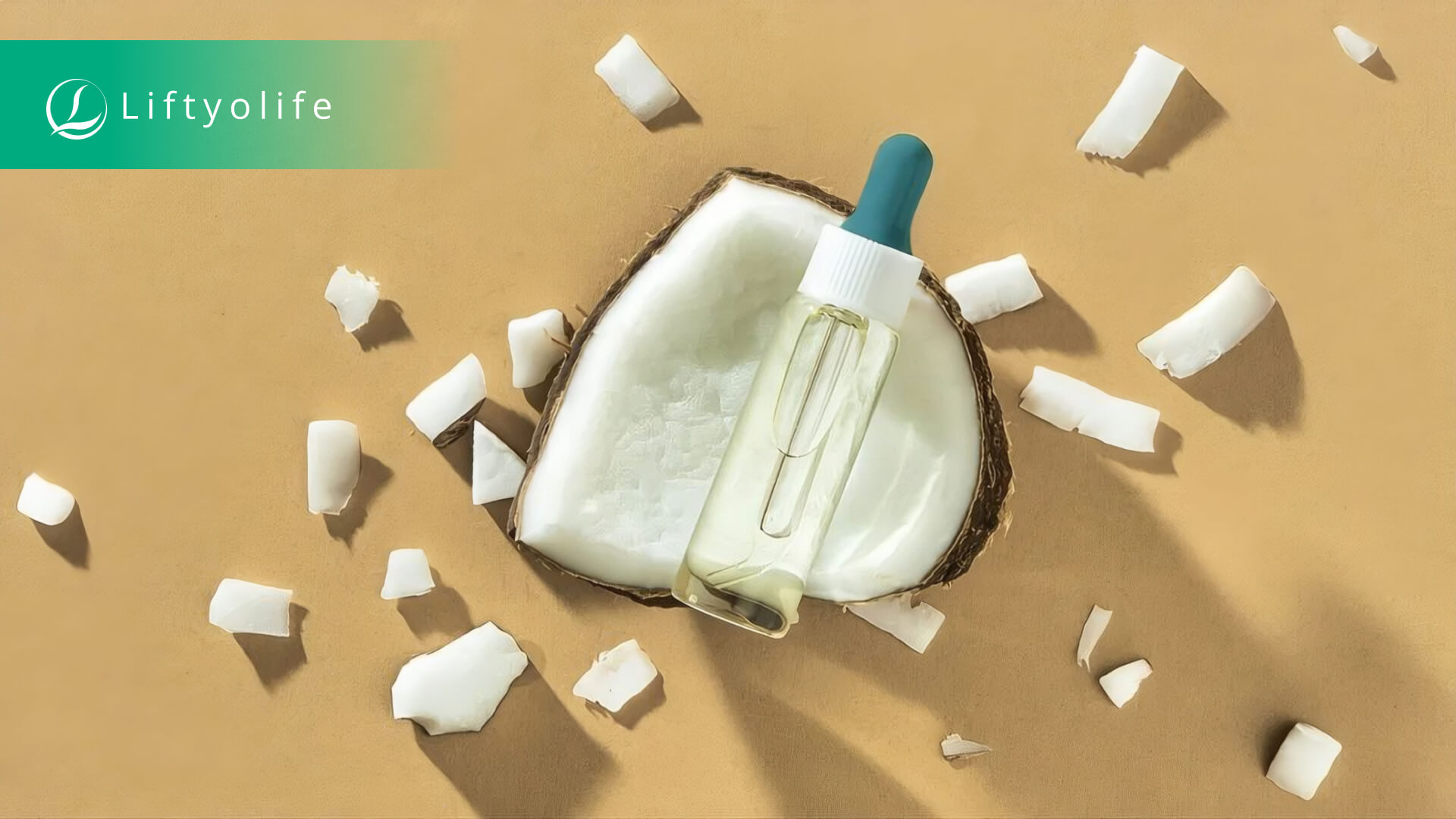
Safe ingredient alternatives
2.1. Acne-fighting ingredients
According to ACOG, it is safe to use topical acne treatments containing azelaic acid or glycolic acid. Your doctor may advise you to use topical erythromycin or clindamycin in conjunction with benzoyl peroxide or oral erythromycin or cephalexin for severe acne.
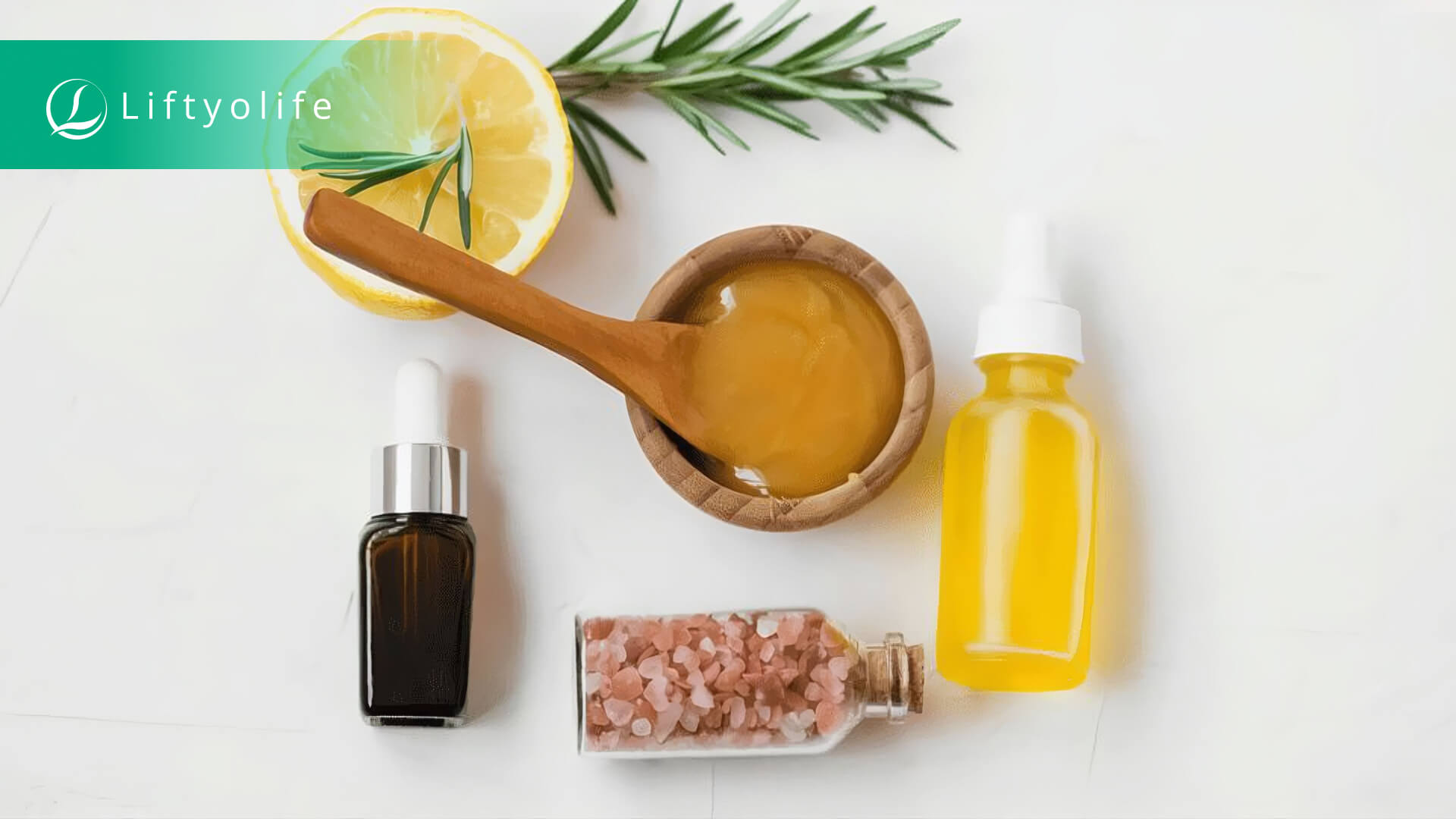
Acne-fighting skin care ingredients
2.2. Anti-aging ingredients
Exfoliating scrubs containing physical exfoliants like salt or sugar, or gentle chemical exfoliants like lactic or glycolic acid, can be used to remove dead, dull skin cells. Vitamin C-containing products, which promote the production of the skin-plumping protein collagen and can lighten hyperpigmentation, are also considered safe.
While most facials are likely safe during pregnancy, you should not use retinoids and high doses of salicylic acid. Other types of peels and microdermabrasion can be especially harsh on pregnant skin. For the time being, any treatment that uses an electrical microcurrent or a laser is out of the question. Bring it up with your practitioner and your aesthetician before proceeding if you’re unsure what’s safe or not.
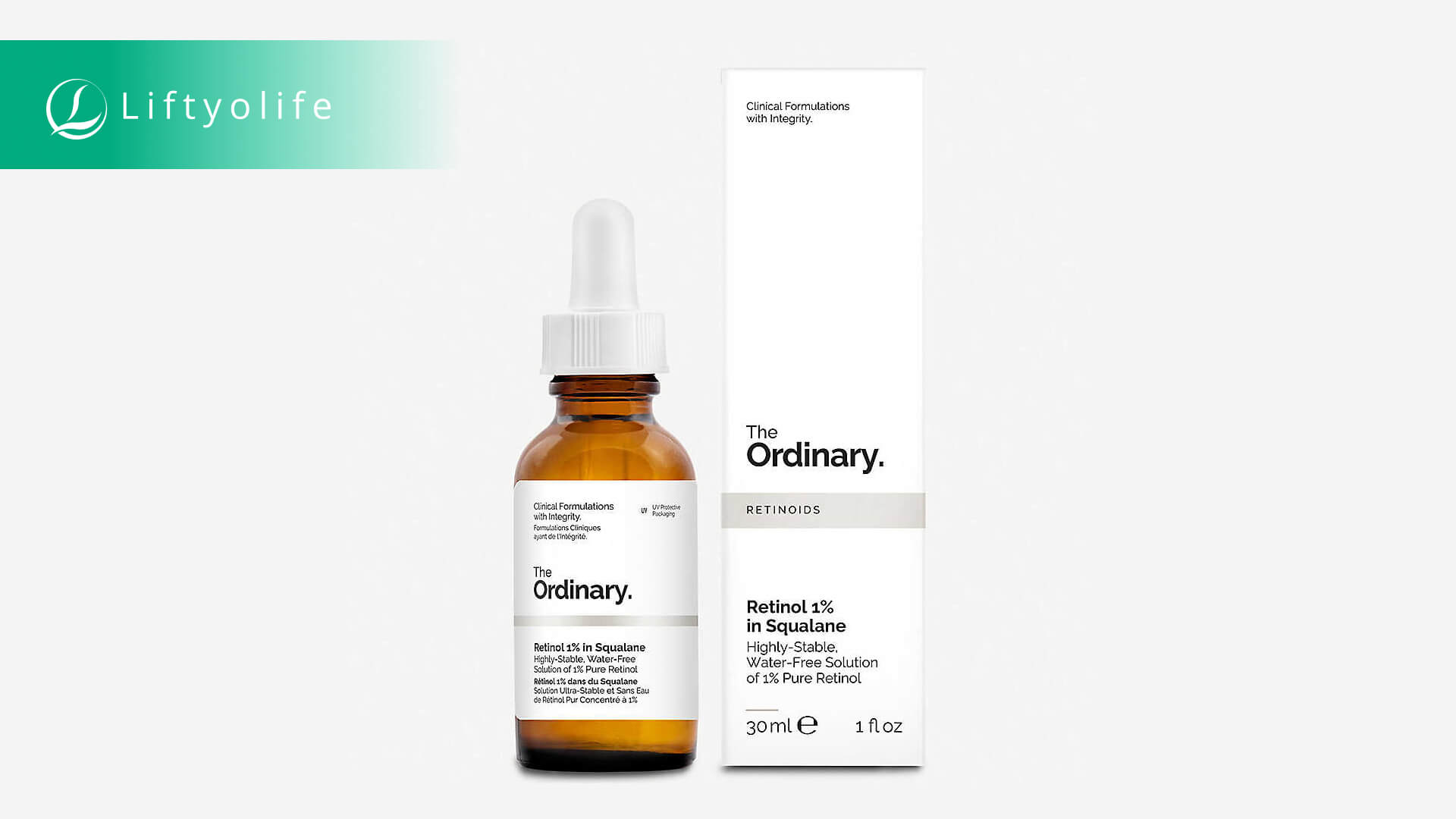
Anti-aging ingredients
2.3. Moisturizing ingredients
Is your dry and sensitive skin bothering you these days? Stick to a gentle, soap-free cleanser to keep your skin hydrated. Look for gentle lotions and creams that contain hyaluronic acid or coconut oil to lock in moisture. It’s best for your dry skin.
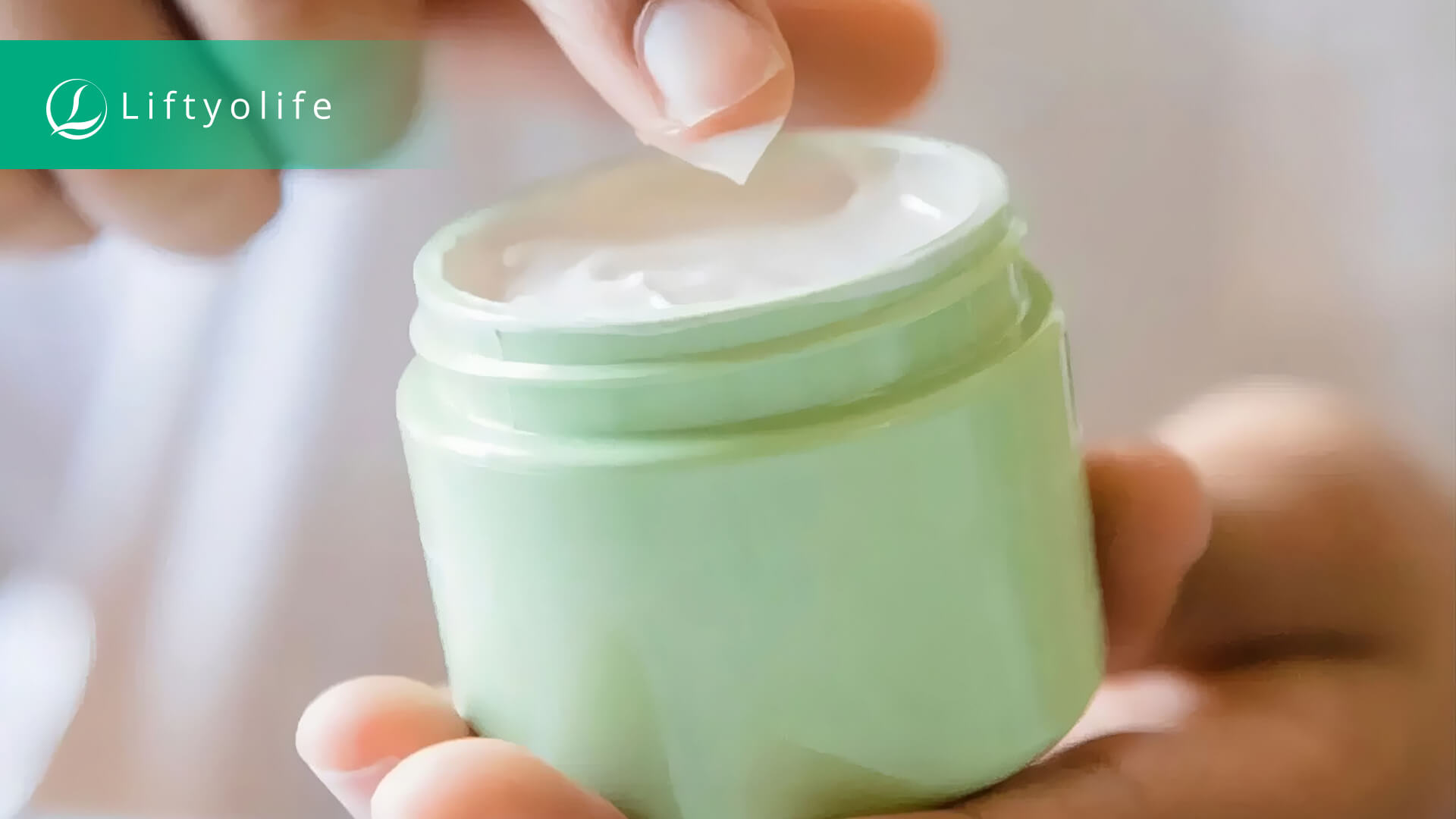
Moisturizing ingredients
2.4. Sunscreen ingredients
Sunscreens protect your skin in two ways:
- Some formulas contain chemical ingredients (oxybenzone, octisalate, ensulizole, homosalate, octinoxate, octocrylene, and avobenzone) that absorb UV rays and convert them into energy.
- Other formulations rely on physical ingredients (such as titanium dioxide and zinc oxide) to deflect rays before they reach your skin physically.
Physical blockers are hypoallergenic and not absorbed into the skin, whereas chemical ones are absorbed in small amounts, so some pregnant women prefer physical sunscreens. Both, however, are thought to be safe to use during pregnancy.
Most importantly, use broad-spectrum sunscreens that are against UVA and UVB rays and have a sun protection factor (SPF) of 30 or higher.

Sunscreen ingredients
3. How to check if your skincare products are safe
- Consult your dermatologist and OB/GYN about the safety of your skincare products, especially if you’re taking prescription medications or have a pre-existing skin condition.
- You can scan the ingredient list of your products for any that we’ve reviewed — or others that may be of concern to you. The Environmental Working Group (EWG) is a reliable source to learn more about skin care and personal product ingredient safety.
A few common skin care compounds have been linked to significant fetal consequences in animal, anecdotal, or case-specific research. Let’s consider skincare ingredients to avoid during pregnancy above to put at the top of your do-not-use lists and build your pregnancy-safe skincare routine. You’re probably paying close attention to what you put into your body during these days. It’s not easy to give up your beloved skincare regimen, but Liftyolife (liftyolife.com) believes that you can do. Follow us to get the new and evidence-based medical information in our articles.
==> Read More:

